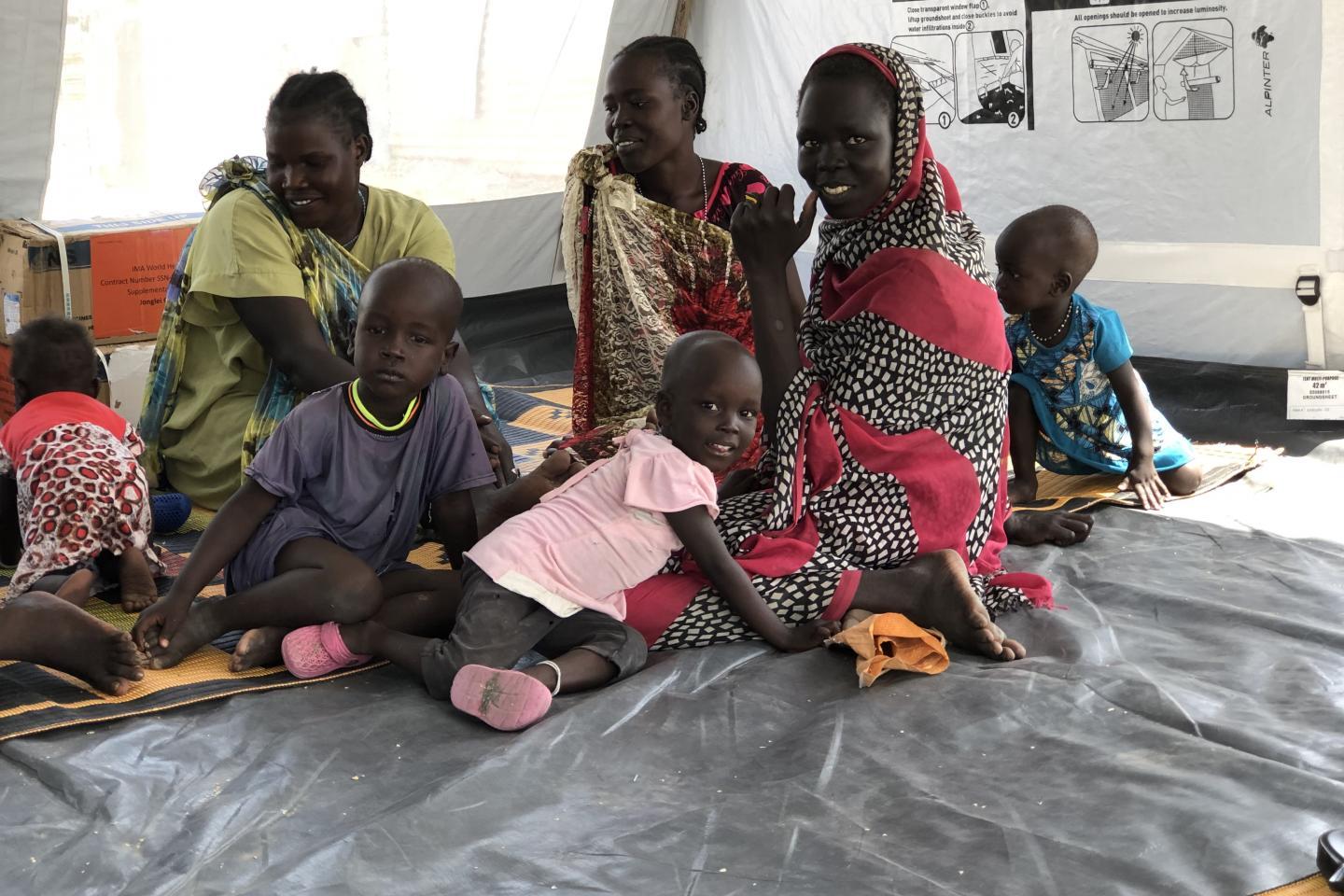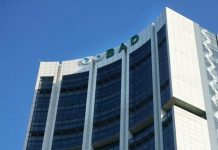Africa-Press – South-Sudan. By William Madouk Garang
The UN Children’s Agency (UNICEF) with funding from World Bank is currently supporting 97 health facilities as part of efforts to offer quality essential health services to communities in hard-to-reach areas in Upper Nile State.
The program has set up a unique partnership between the national Ministry of Health, UNICEF and World Bank to support maternal, neonatal and child healthcare, supply of medicines, GBV, emergency response, deployment of covid-19 vaccines, among others.
Though the project has done remarkable work in offering free medical services to communities, it’s still a drop in the ocean with an ever-increasing population mainly returnees who fled conflict from neighboring countries such as Ethiopia and Sudan.
The Acting Chief of Field Office of UNICEF who doubles as Health Specialists, Lagu Tolbert Unziku said World Bank’s support has been tremendous and it’s currently providing services in a number of health care centers in Malakal.
“The one that is implemented only in Upper Nile and Jonglei is the provision of health care services which focus on high impact material and neonatal child health,” Unziku explained to the team of journalists who visited Malakal.
“It is implemented in numbers of health facilities that currently total up to 97 health facilities out of these 97 health facilities four of them are hospitals,” he added.
He also added that they had launched Boma Health Initiative (BHI) in 75 Bomas, the teams were trained to map out areas that were outside 5 Kilometer radius from the nearest functional health facilities.
“In Upper Nile, we started by rolling phase one of BHI on child health package, it was rolled out after the training a total of 655 BH-Workers on the management of mainly three key diseases that’s diarrhea, pneumonia, and malaria,” he noted.
Mr. Unziku also stated some challenges were lack of qualified staff and skilled birth attendants including conflict and flooding which had displaced people and destroyed health facilities were the obstacle.
“These infrastructures can never remain the same when the water level goes down because there will be a lot of damages and thus requires more support from stakeholders donors and ministry of health to support repair and maintenance work some of them may even require new or complete construction,” he lamented.
Rebecca Liah, 32 years old mother who gave birth to a bouncing baby in Assosa health facility expressed her happiness and lauded the quality health services being provided by the supported Assosa health facility.
“Yesterday when I gave birth I was injected and given some medicines so everything in this hospital is good nothing is missing except tables to place our food on,”
Arop Nyok, 24 years old mother who successfully delivered in Assosa health facilities stressed that health services offered by the center are good adding that all the people in the area recommend this facility because of outstanding services.
“I urged the partners and donors not to cease from what they are doing, let them continue supporting these health facilities for better services to the community,” Ms Nyok appealed.
One of the beneficiaries appreciated the partners for supporting the hospital, adding that without their support they would have not been receiving free medical care and essential medicines.
“We normally come to this hospital and we always get the treatments we desire and good medicines, I am here because of abdomen pain and back pain they diagnosed and they also gave me medicines for free,” said one of the beneficiaries.
The extension of the joint provision of essential health services project in Upper Nile and Jonglei which is worth USD 55.3 Million started on September 2021 and is expected to end on 30th June this year.
For More News And Analysis About South-Sudan Follow Africa-Press






